
Read offline
Recommendation
In its semiannual report on the euro zone’s economy and financial system, the European Central Bank sounds a note of cautious optimism, tempered with plenty of warnings about what could still go wrong with the area’s feeble recovery. Many of the troubled euro-zone nations have made good progress in addressing their fiscal problems, and the area’s banks have raised capital and shed assets, though – as the latest stress tests revealed – several financial institutions still need to do more. But the continuing fragility of the global recovery, as well as potential economic and geopolitical upsets in emerging markets, offer numerous challenges to the euro area’s prospects. Though the ECB’s report is formal in tone, getAbstract recommends this authoritative assessment of the euro-zone economic powerhouse to executives, economists and investors.
Summary
About the Author
The European Central Bank is the central bank for the euro and oversees the monetary policies of the euro zone.


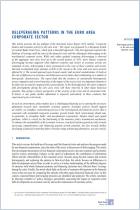
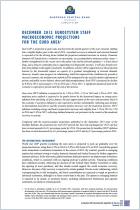
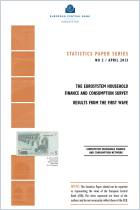


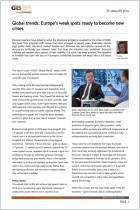
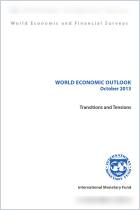
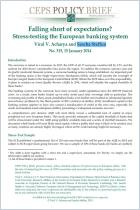
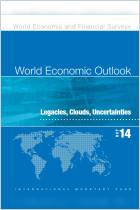
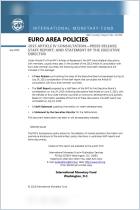







Comment on this summary